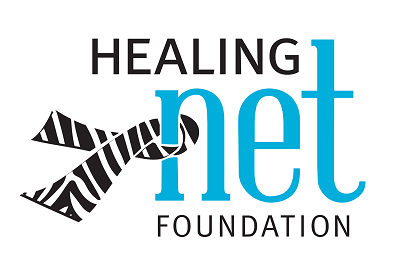Health Insurance Coverage
/Having access to quality insurance coverage is vital to someone diagnosed with cancer in the United States. You will need to quickly get up to speed about your health insurance plan because unexpected bills for testing and treatments add up fast. Imagine navigating a major city’s downtown grid for the first time without the benefit of GPS or a decent map.
Whether insurance is through your employer, obtained through the ACA exchange (healthcare.gov) or purchased privately, health insurance contracts generally run year to year, and you will need to know your annual renewal date. This is the time to determine which plan or option available to you best suits your needs. Varying costs for deductibles, co-pays, in-network and out-of-network care and individual and family out-of-pocket maximums can each move the cost needle up or down depending on a person’s situation. If you don’t understand how the “patient responsibility” costs are figured, ask for some clarification from your insurer or employer’s HR department until you do understand how your financial responsibilities will add up. Cancer patients in active treatment frequently meet their full deductible each year. The maximum out-of-pocket for any non-Medicare insurance is set nationally, and for 2021 the amount is no more than $8,550.
High-deductible plans can have a low monthly cost but could be quite costly overall in the face of cancer treatment. Patients with long term health care issues would be wise to avoid the new trend of “skinny” plans and short-term policies due to their very limited coverage and high patient responsibility costs. Some states actually ban these policies. Health maintenance organizations, or HMOs, are often touted as ways to hold down consumer health costs but they can have restrictive networks and rules that can make it very difficult—if not impossible—to get a second opinion or care from neuroendocrine specialists who are out of your network.
Many private insurance companies are offering case managers (often nurses) or patient navigators to help their insured navigate care and coverage issues. These services can be very helpful in streamlining the pre-approval process that your doctor or hospital is required to obtain. Call your plan’s administrator to inquire whether case manager services are available and determine if they can be helpful for your NET care.
The bottom line is that the best way to keep yourself financially secure is to stay covered and to acquire the best coverage available.



